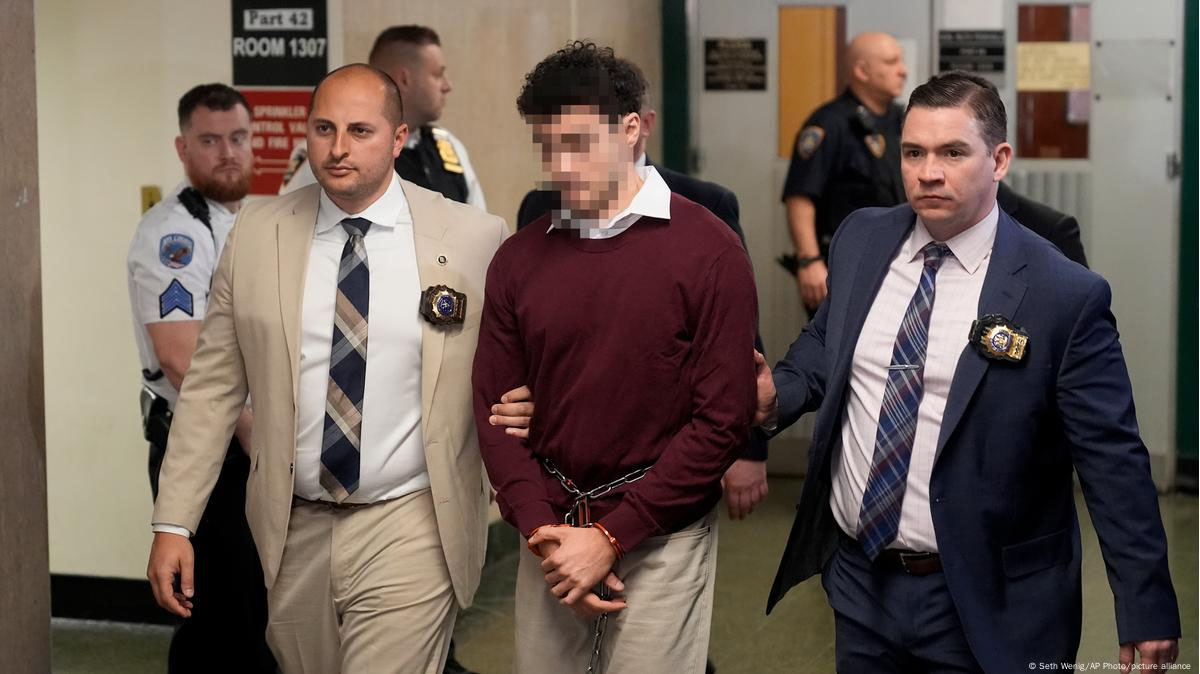
Attorney General Pam Bondi made the announcement on Tuesday, calling the murder a "premeditated, cold-blooded assassination." Thompson was shot outside a New York hotel on December 4, moments before an investors' meeting. Following a nationwide manhunt, Mangione, 26, was arrested days later in Pennsylvania.
Authorities claim Mangione was driven by deep resentment toward U.S. healthcare insurance companies, a sentiment that has fueled widespread public debate. His lawyer, Karen Friedman Agnifilo, slammed the decision to seek the death penalty, calling it "barbaric" and accusing the government of hypocrisy. "While claiming to protect against murder, the federal government moves to commit premeditated, state sponsored murder of Luigi," she said in a statement.
Mangione currently faces 11 state criminal charges, including first-degree murder and terrorism-related offenses, which could result in life imprisonment without parole. However, federal prosecutors are pushing additional charges—using a firearm to commit murder and interstate stalking resulting in death—which make him eligible for capital punishment.
Authorities have gathered significant evidence linking Mangione to the crime, including fingerprint matches at the scene and a ghost gun found
in his possession. Surveillance footage also places him in a Manhattan hostel for ten days leading up to the attack.
The case has reignited conversations about America's complex healthcare system. Many have expressed anger over high insurance costs and the alleged exploitation of patients, though few expected this frustration to escalate into a high-profile assassination. Social media has been flooded with discussions on the issue, prompting Homeland Security Secretary Alejandro Mayorkas to warn of "extraordinarily alarming" rhetoric fueling domestic extremism.
With trials proceeding at both the state and federal levels, Mangione’s fate remains uncertain. One thing is clear: this case is about more than just one man’s crime—it has become a symbol of the larger tensions brewing in America’s healthcare debate.

















